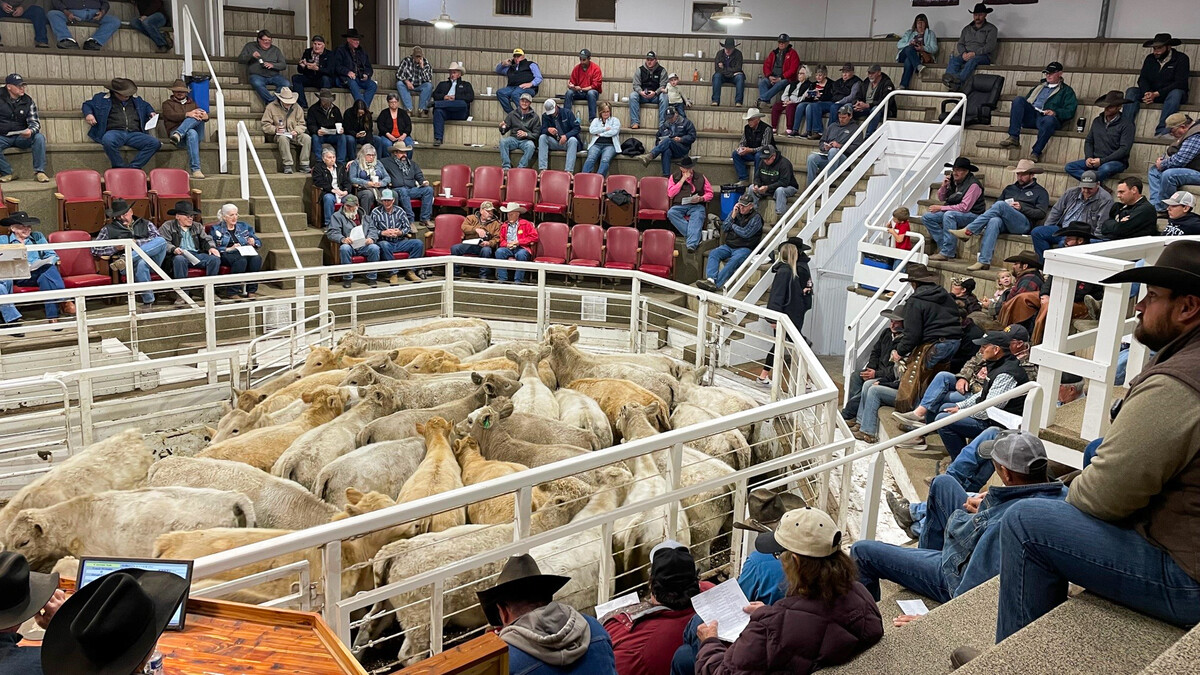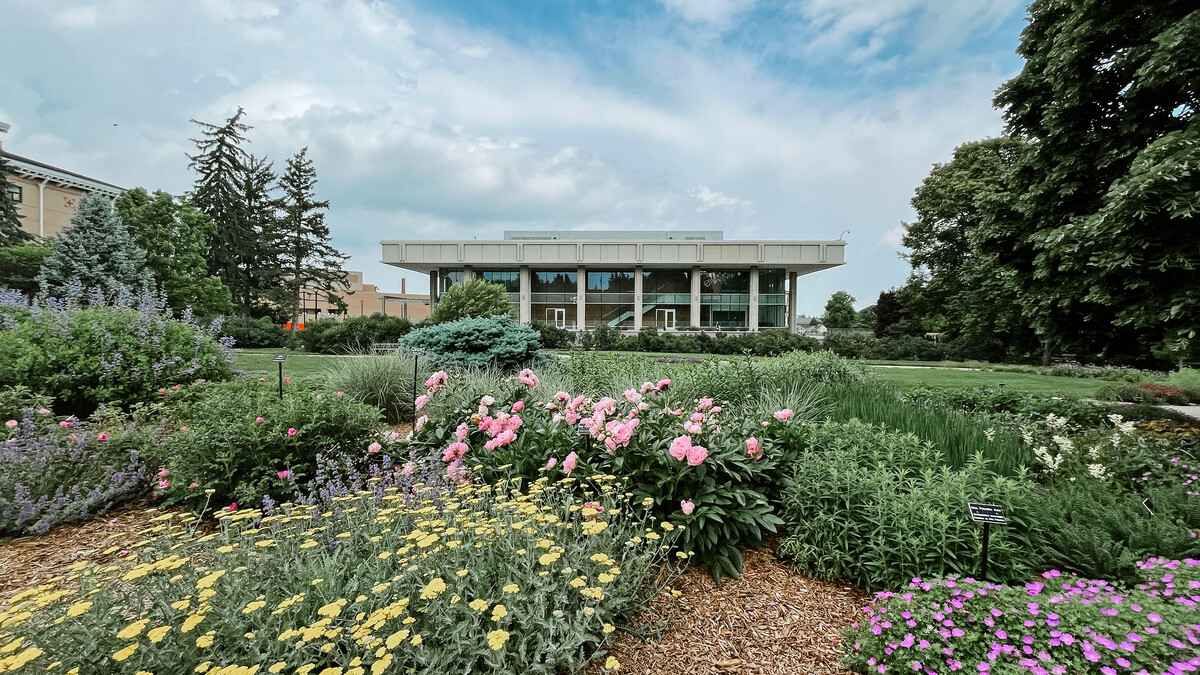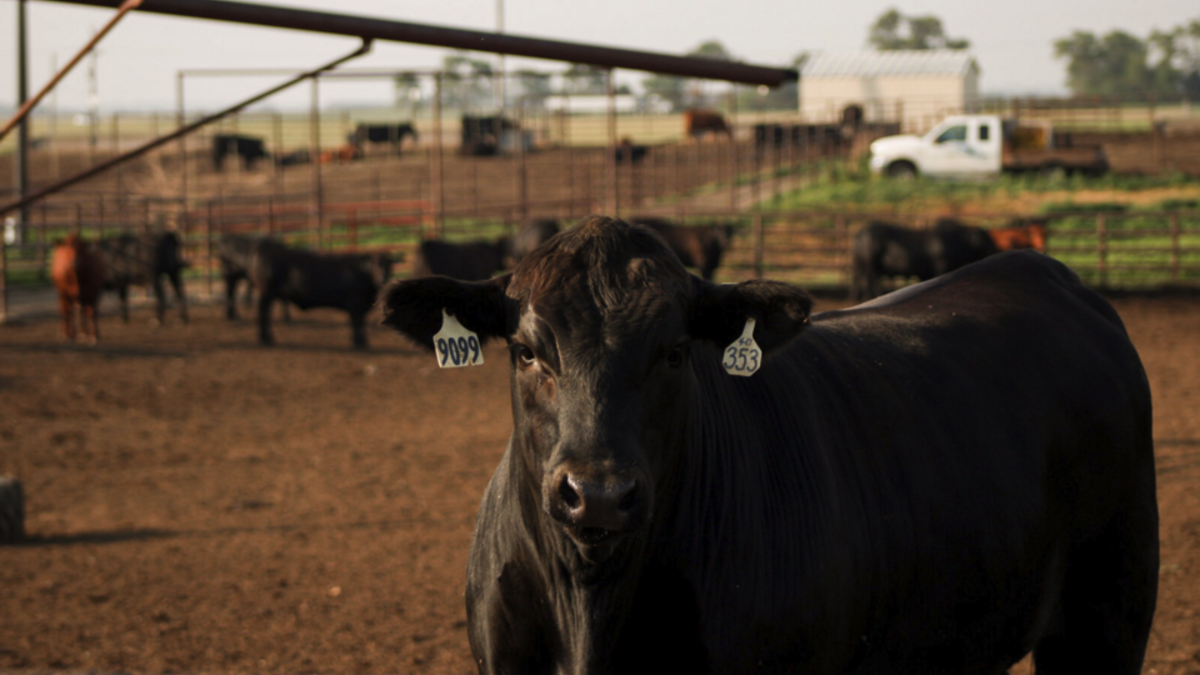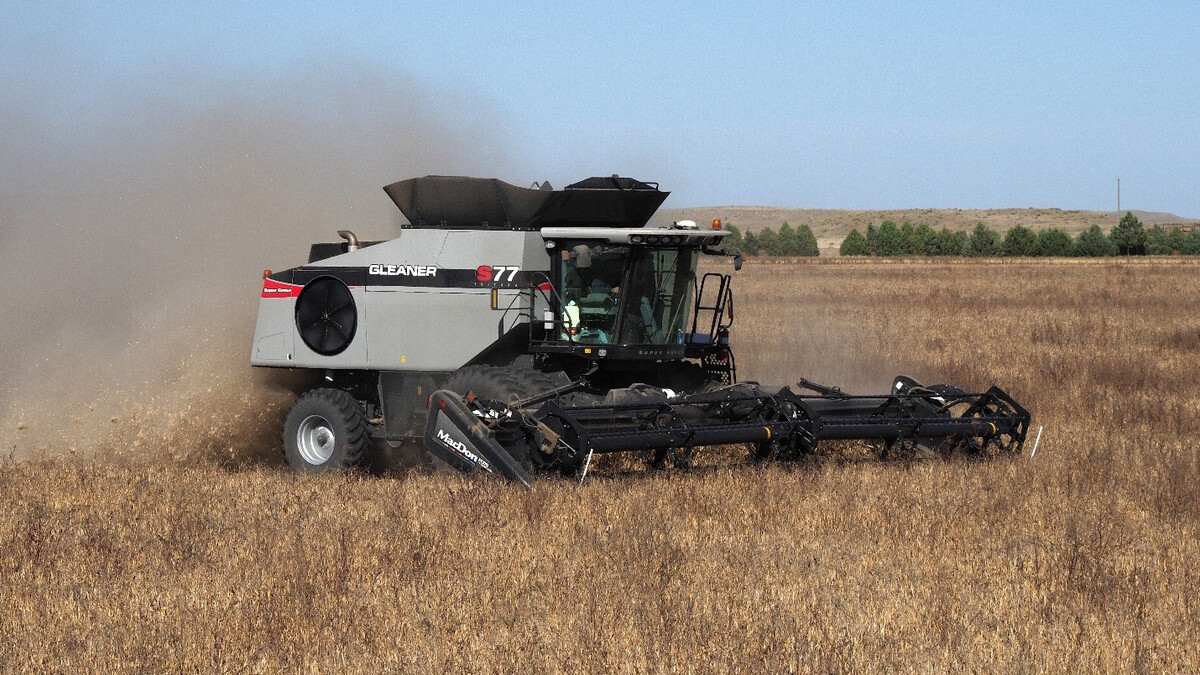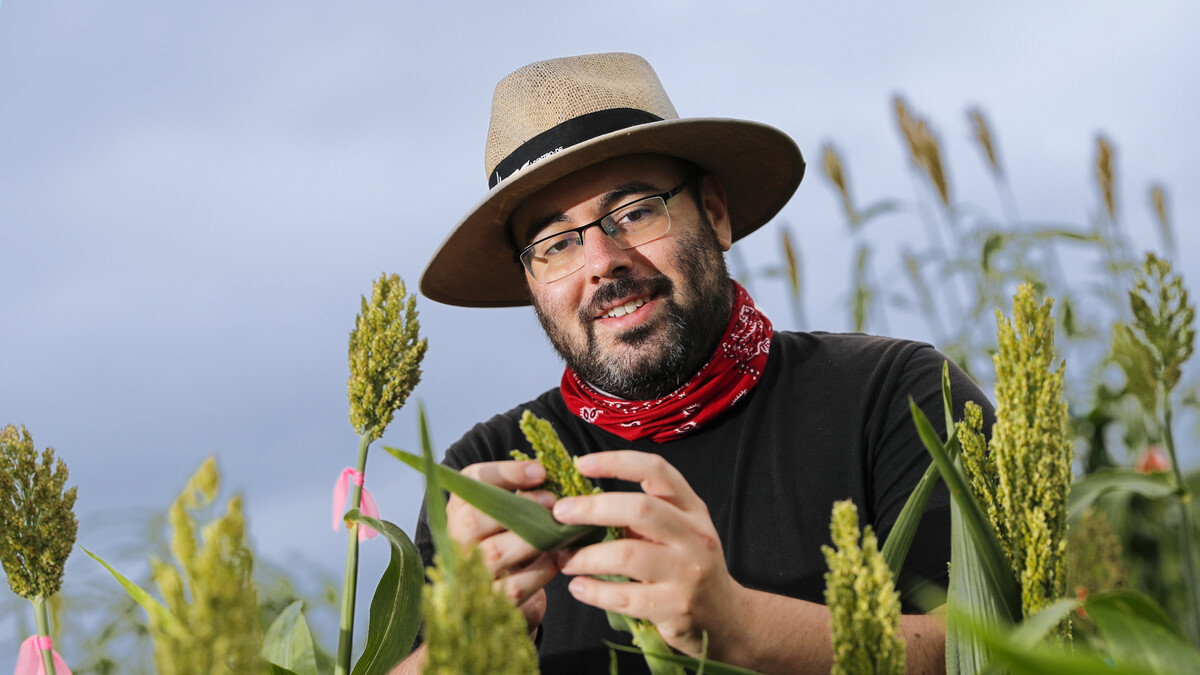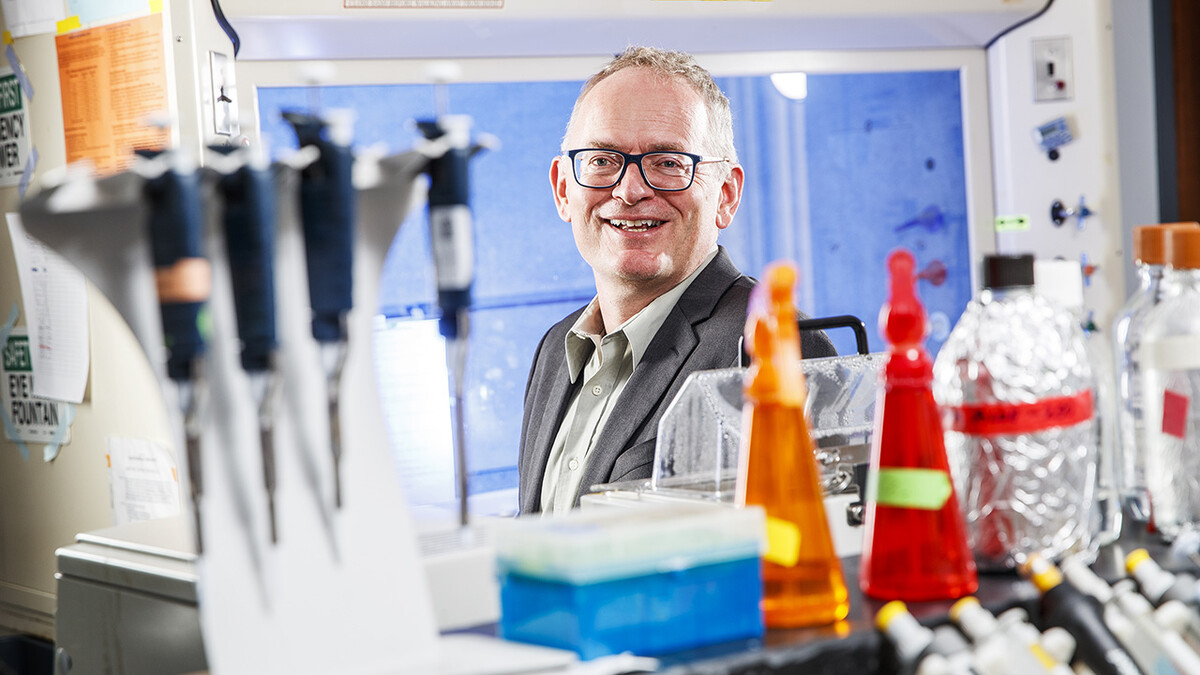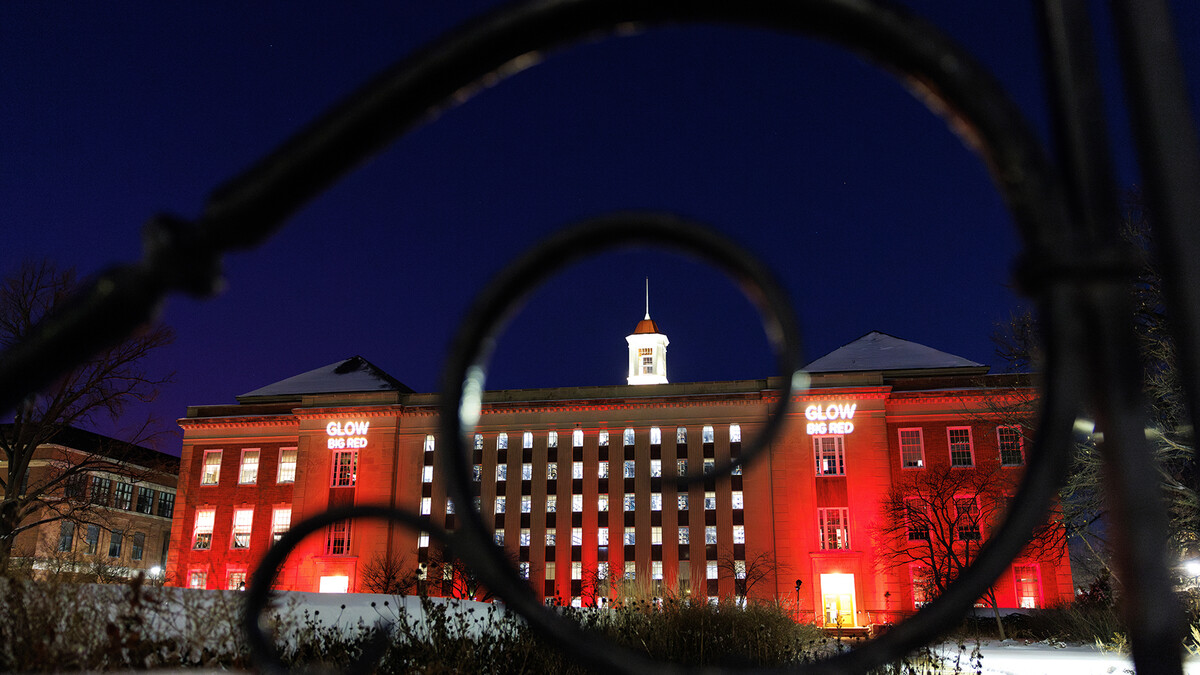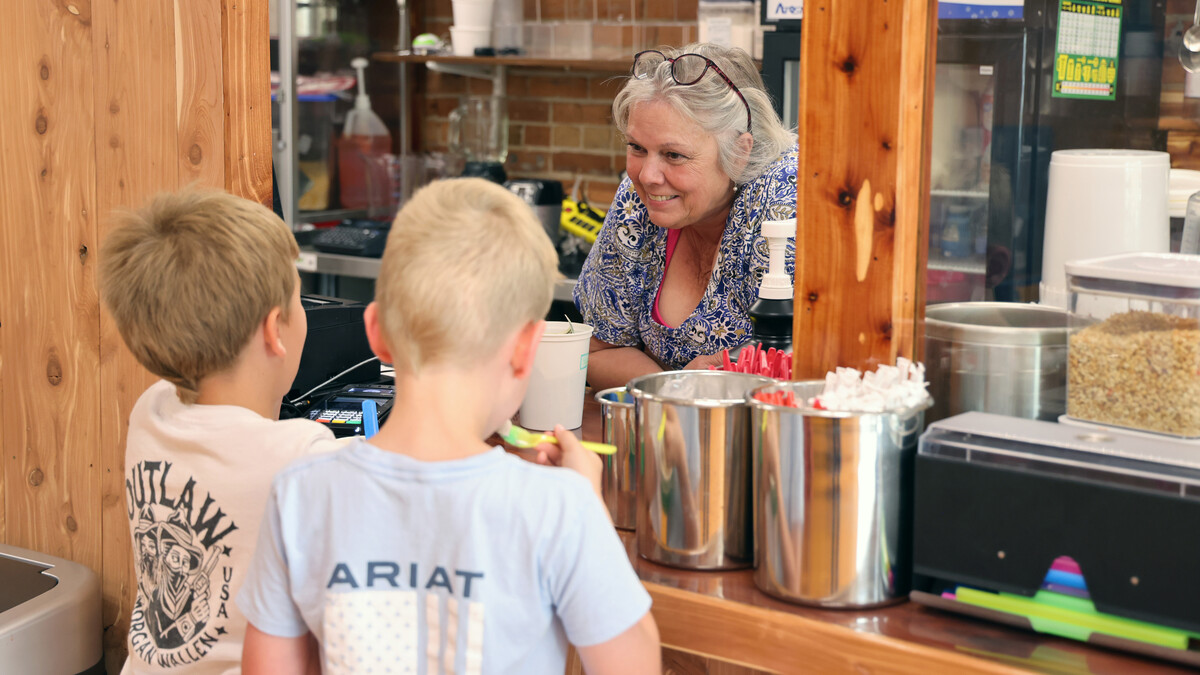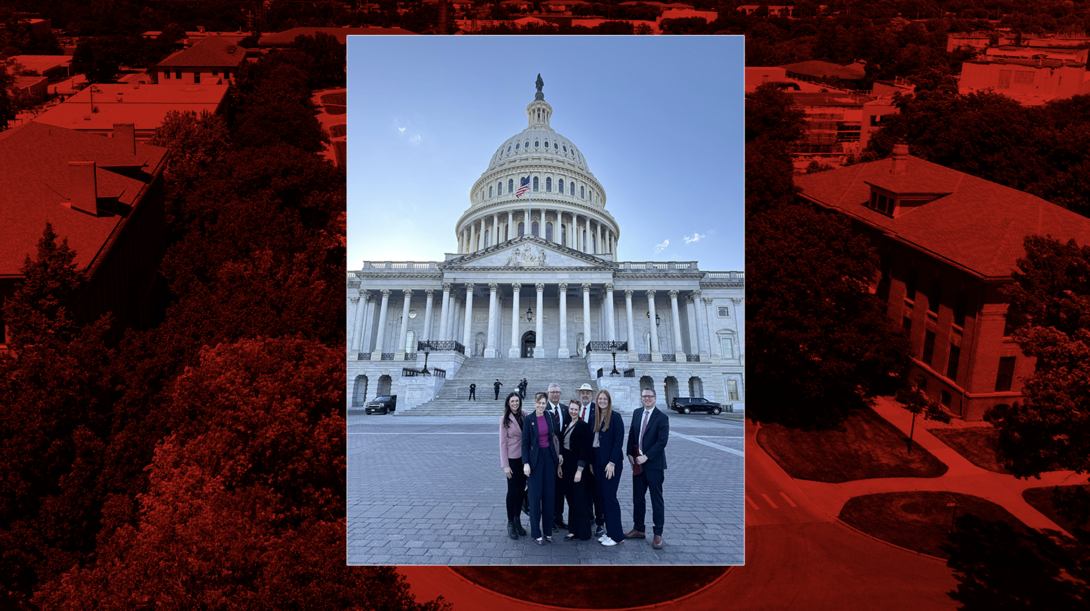
A University of Nebraska–Lincoln undergraduate student had the rare opportunity to step into the world of federal policy advocacy this spring as the university’s 2025 CARET delegate, representing Nebraska’s land-grant mission during the Council for Agricultural Research, Extension and Teaching (CARET) meetings in Washington, D.C.
Allison Walbrecht, junior animal science major, was selected as the sole student representative from UNL. Her selection to participate in the annual CARET meeting provided an up-close look at how national agricultural priorities are shaped and how students can play a meaningful role in advancing public support for land-grant institutions.
“I was a student delegate, so I was sharing the testimony of being a student of the University system,” Walbrecht explained. “Because I was lucky enough to grow up in Nebraska and especially close to the university, I was able to share with the federal delegation what is was like growing up within the university system even before I was a student.”
CARET, an organization of volunteer advocates coordinated by the Association of Public and Land-grant Universities (APLU), works to communicate the value of public investment in agricultural research, extension and teaching.
“I grew up coming to campus a lot and doing a lot of extension stuff through 4-H and I’ve seen how my dad relies on some of the extension research to keep ourselves profitable,” Walbrecht said. “And now I’m a student here and it’s uplifted me and made me go so much farther than I ever thought that I could.”
Each spring, CARET delegates travel to Washington, D.C., to engage with federal lawmakers and agency officials, sharing how land-grant universities like UNL serve local communities and drive innovation in food and agriculture.
As part of the Nebraska delegation, Walbrecht met with members of Congress and their staff to share her perspective as a student directly impacted by federal investments in research and education. The UNL team held meetings with staff in the offices of Sen. Deb Fischer, Sen. Pete Ricketts and Rep. Mike Flood to advocate for continued support of land-grant programs through USDA and other federal agencies.
“I love Nebraska, because our entire federal delegation met with us and wanted to meet with us and hear our story. Not only because we’re Huskers, but because we were talking about agriculture and they wanted to know what we were doing, and I think that’s a testament to Nebraska,” Walbrecht said.
In addition to policy discussions, the CARET experience offered delegates insight into the legislative process, current budget priorities, and the national scope of agricultural advocacy. Walbrecht participated in briefings with USDA officials and heard from national leaders on the future of food systems, research and extension.
The selection of an undergraduate student as a CARET delegate is uncommon, reflecting UNL’s commitment to providing leadership and experiential learning opportunities for students across disciplines. Walbrecht had expressed her interest in ag policy to several leadership members on campus and was subsequently chosen as the first undergraduate delegate to have this opportunity.
“I went to DC last year to speak on a USDA panel and that was when my true love for policy really came out,” Walbrecht said. “I had an executive from one of the top ag industries come up to me and say it’s super important that all youth are involved in policy, but it’s ultra-important that a kid in ag is involved in policy. So, I was really excited to get to go back to D.C. and experience it.”
Walbrecht is a Krutsinger Beef Scholar, owns her own non-profit organization called Unified Showing where she teaches children with disabilities how to show livestock, and is an Animal Science student ambassador. She plans to pursue a career in the beef industry in some way.
The other 2025 CARET delegation consisted of Tiffany Heng-Moss, Derek McLean, Charlie Stoltenow, Barb Cooksley, Bekah Bankson and Ben Steffen. For Walbrecht, it was a chance not only to connect with Nebraska’s representatives, but also to learn from those creating change right on UNL’s campus.
“I was super lucky that I got to learn from top-notch people in the ag industry. Truly, it was so humbling to get to talk with them and sit with them,” she said.
While the CARET meeting has concluded, the experience left a lasting impression on Walbrecht, reinforcing the importance of advocacy in higher education and the unique role students can play in shaping the future of agriculture. She has expressed interest in being a delegate in the future after her 18-month initial appointment has ended, with the goal of having every student at UNL take at least one ag-class.
